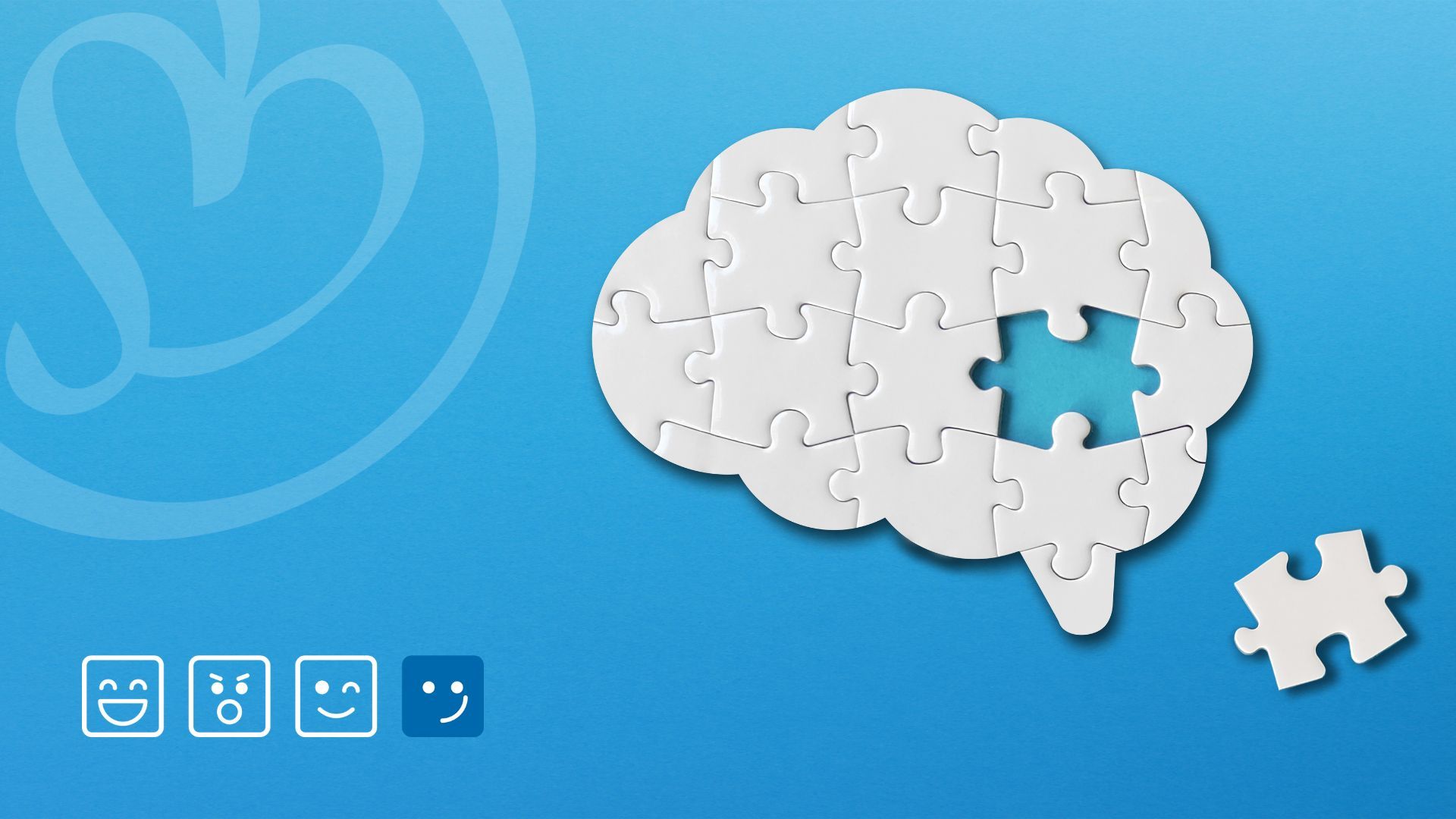Exploring the Four Temperaments in Parenting
How to Tailor Your Approach

‘Know Thyself’ has never been as crucial as in the parenting role. Parents have often told me that the child they battle the most with is the one that resembles them – in character and temperament. Flaring up against young Jimmy because he shows signs of your own shortcomings is human – but not fair.
Parents must understand the characteristics of the four temperaments when they step into parenthood. Knowing their temperaments and being aware of their shortcomings could help parents curb children’s natural tendencies to manipulate.
Yellow parents will relate to a Yellow child’s creativity and sense of fun, but this critical aspect could be neglected because discipline does not rank high on either’s agenda. Dealing with a child with a Red temperament could be challenging because Red loves fighting, while Yellow prefers avoiding conflict. Yellow’s interaction with a Green child would require encouragement and love while prodding him to get organised and leave his comfort zone. A Blue child needs peace, quiet and enough space to be perfect – that which does not come naturally to the Yellow parent.
With their natural perfectionist ideals, red parents have to be careful not to take over their children’s lives. They should not break down their Yellow child’s disorganised creativity, not make decisions for the Green child, not push the Blue child to act faster and set clear parameters for the Red child, who would readily engage in conflict with the parent.
Green parents have a warm heart for children. They should encourage their soft-spoken Green child to talk and act, make time for the Blue child to discuss his or her deepest feelings and set clear parameters for their extrovert Yellow and Red children. Yellow might try negotiating with his Green mother or father to drop rules, and Red could easily take over the household if allowed to.
Blue parents’ perfectionism will be frustrated by Green and Yellow’s chaos and lack of discipline. The Red child could be their ally, provided he receives enough acknowledgement. The Blue child’s creativity would resonate with his Blue parent, but his sensitivity needs special attention – teach him not to take things personally too quickly.
Need more inspiration?
Get into the driver seat of your life, take control of your own happiness and stop placing limits on your potential.
We invite you to talk to us about a workshop that will best solve your personal and professional issues. Should you not be able to conduct a face-to-face workshop anytime soon, feel free to browse through our online store for one of our self-help books.
For more inspiration, visit Lynette's online shop to buy one of her many Inspirational Books!
ONLINE SHOP




Seeds of Inspiration (Pty) Ltd t/a Lynette Beer | Registration Nr: 2011/134865/07
Po Box 41921, Moreleta Ridge, Pretoria, South Africa, 0044
Copyright © 2023 Digital Zoo Website Design Company - All Rights Reserved
Domain Registration
|
Email Address
|
Website Design
|
Graphic Design
|
Social Media Management
|
Search Engine Optimization
|
Online Marketing
|
Web App Developer





